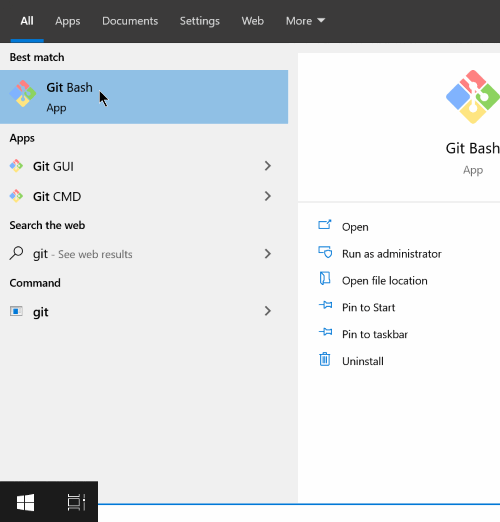
MikroTik Tutorial: How to recover RouterOS passwords from a backup file
These steps will help you recover a forgotten password from an unencrypted RouterOS backup file. To complete these step we will use a python tool called RouterOS-Backup-Tools written by Lorenzo Santina (BigNerd95). I have included steps specific to Windows and Linux which vary slightly.
Jump to Steps for… Windows | Linux
Windows MikroTik Password Recovery
Install Python 3 and git from Windows
Open a git bash console and create a new directory

mkdir rostest
cd rostestClone the RouterOS-Backup-Tools repo
git clone https://github.com/BigNerd95/RouterOS-Backup-Tools.gitCreate a virtualenv and install the dependency library
virtualenv ./venv
./venv/Scripts/activate.bat
pip install pycryptodomeNow we are ready to extract our .backup file and decode the passwords. Before beginning this step, copy your backup file into the rostest folder.
python RouterOS-Backup-Tools/ROSbackup.py unpack myrouter.backup -d myrouter
python RouterOS-Backup-Tools/extract_user.py myrouter/user.dat************** Output ***************
User: admin
Pass:
User: admin
Pass:
User: admin
Pass: mysecretpassword
*************************************Linux MikroTik Password Recovery
Make sure you have Python 3 installed.
python3 -VCreate a new folder and clone the RouterOS-Backup-Tools repo
mkdir rostest
cd rostest
git clone https://github.com/BigNerd95/RouterOS-Backup-Tools.gitCreate a virtualenv and install the dependency library
virtualenv ./venv
source ./venv/Scripts/activate
pip install pycryptodomeNow we are ready to extract our .backup file and decode the passwords. Before beginning this step, copy your backup file into the rostest folder.
python RouterOS-Backup-Tools/ROSbackup.py unpack myrouter.backup -d myrouter
python RouterOS-Backup-Tools/extract_user.py myrouter/user.dat************** Output ***************
User: admin
Pass:
User: admin
Pass:
User: admin
Pass: mysecretpassword
*************************************Conclusion
That’s It! You have successfully recovered your forgotten password from a routeros backup file. If you are faced with needing to get a password from an encrypted backup you will need to unencrypted the backup using a bruteforce method. The software package RouterOS-Backup-Tools includes tools for bruteforcing and unencrypting RouterOS backup files but that is beyond the scope of this article.
Let me know what you think, leave a comment below. Did these steps work for you?

8 Replies to “MikroTik Tutorial: How to recover RouterOS passwords from a backup file”
Didn’t work on latest routerOS 7.1beta2
virtualenv ./venv unknown even if starting python -m . I have added environment variable to path of Python.exe and scripts folder but this still doesn’t help. No such command exists.
DESKTOP@DESKTOP-KMEGR1L MINGW64 ~/rostest
$ virtualenv ./venv
./venv/Scripts/activate.bat
pip install pycryptodome
bash: virtualenv: command not found
bash: ./venv/Scripts/activate.bat: No such file or directory
bash: pip: command not found
soporte@SM16 MINGW64 ~/rostest
$ virtualenv ./venv
bash: virtualenv: command not found
No funciona, algo falta y no se que es… Gracias
ROS v6.45.1+ removed insecure password storage, so they cannot be extracted with extract_user.py any more.
How to mikrotik password recovery
DESKTOP@DESKTOP-KMEGR1L MINGW64 ~/rostest
$ virtualenv ./venv
./venv/Scripts/activate.bat
pip install pycryptodome
bash: virtualenv: command not found
bash: ./venv/Scripts/activate.bat: No such file or directory
bash: pip: command not found
Python 3.4 and above instead of “virtualenv ./venv” write “python -m venv ./venv”